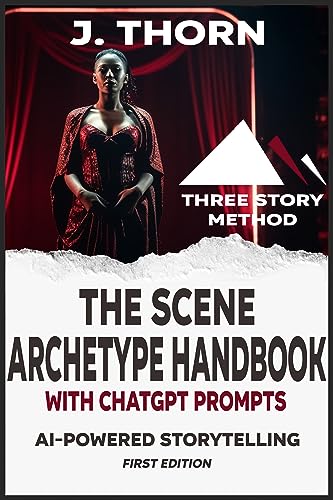
Dialogue: The Art of Verbal Action for Page, Stage, and Screen

The Dialogue Thesaurus: A Fiction Writer's Sourcebook of Dialogue Tags and Phrases
amazon.com
If you think of speech as action, it will keep you from writing soggy, inert dialogue. Speech as action reminds you that characters talk in fiction because they want to further their own ends.
James Scott Bell • How to Write Dazzling Dialogue: The Fastest Way to Improve Any Manuscript
Three Story Method: The Scene Archetype Handbook with ChatGPT Prompts: AI-Powered Storytelling
amazon.com